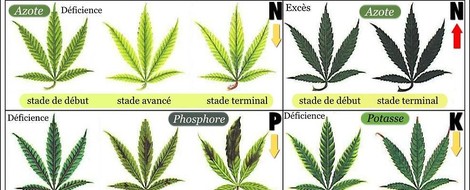Your podcast discovery platform
Curious minds select the most fascinating podcasts from around the world. Discover hand-piqd audio recommendations on your favorite topics.

piqer for: Climate and Environment Globalization and politics Health and Sanity
Mona Silavi is a human and women’s rights activist from the Ahwaz region in Iran. She obtained her bachelor in psychology and specialized in children and adolescence psychology at Damascus University, faculty of psychology and education. She holds a master degree in good governance and human rights in MENA region from Ca’ Foscari University in Venice. She started her activism in Damascus as member of Ahwazi Arab student association. Mona Silavi is a Project Officer at the Unrepresented Nations and Peoples Organization (UNPO) and is the coordinator for topics concerning freedom of religion and belief. She is also a spokesperson of the Al-Ahwaz Democratic Solidarity Party (DSPA). Since 2014 Ms Silavi lives in Belgium as a political refugee
What Comes After The Legalization Of Cannabis?
Under international laws, countries are obliged to impose criminal penalties for the supply of drugs for non-medical purposes. Marijuana is considered a drug with addiction effects. Therefore, cannabis was illegal.
After research showed that cannabis can have some medical benefit, countries have started showing more tolerance to using Marijuana. In the U.S., 31 states have over the past 22 years authorized its medical use. It is being prescribed to treat PTSD, schizophrenia and chronic pain among others.
The same is the case in Europe, but in 1970 the Netherlands was the first country to regulate the use of cannabis by coffeeshops which are outlets for the sale and (often on-site) consumption of cannabis. No national government in Europe supports the legalization of cannabis sale for recreational use, and all countries have prison sentences for illegal supply.
In this podcast Professor Nancy A. Haug, a licensed clinical psychologist and Associate Professor at Stanford University School of Medicine, talks about her recent research on practices of dispensary staff with respect to the recommendation of cannabis strains/concentrations for specific patient ailments.
“With this shift toward cultural acceptance, it is important to keep in mind that cannabis has addictive potential and may exacerbate mental health problems, particularly among adolescents and emerging adults.”
Authorizing medical cannabis enabled widespread access among the population. But what is the training and practices of cannabis dispensary staff to give them the qualification to recommend a suitable type of cannabis for the patients? And should we call them patients or customers?

Source: The Psych Files: Psychology in Everyday Life Image: http://cannabissa... tunein.com